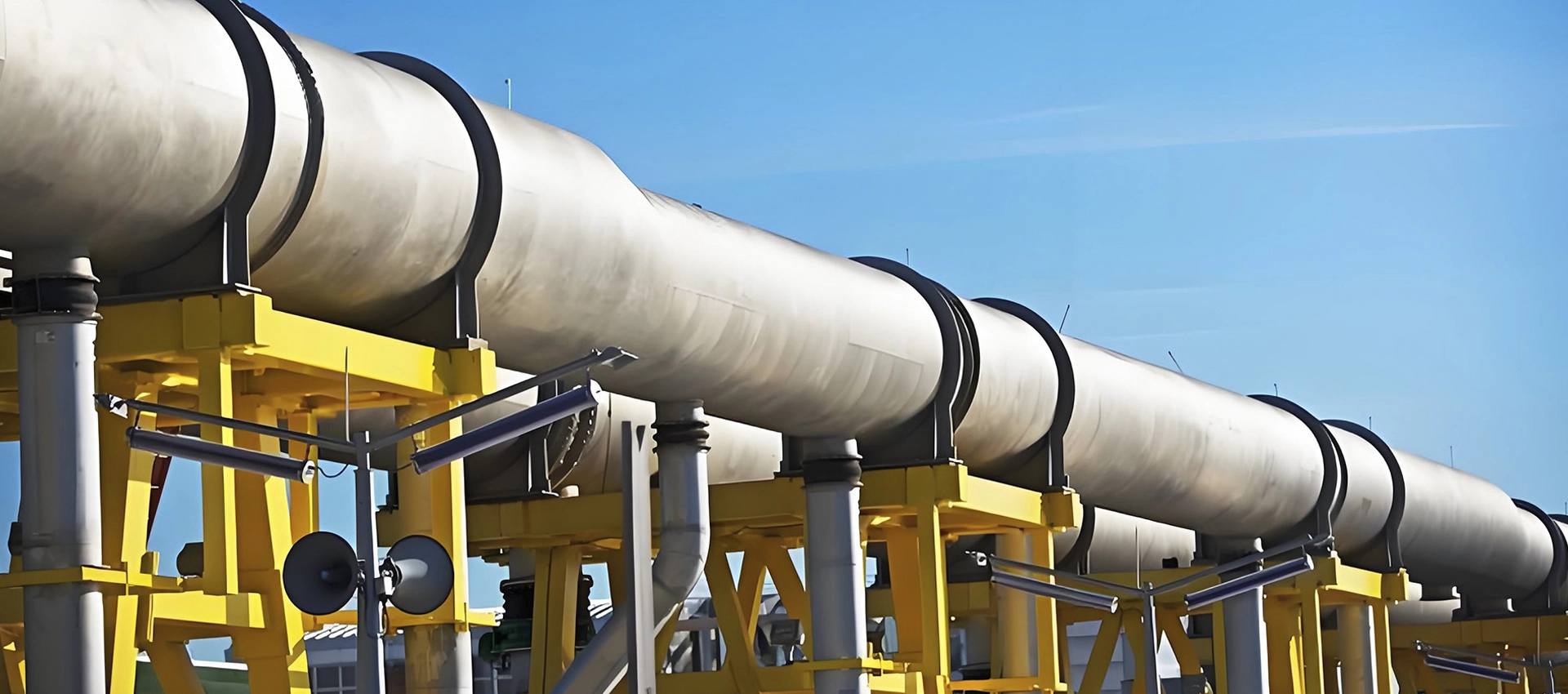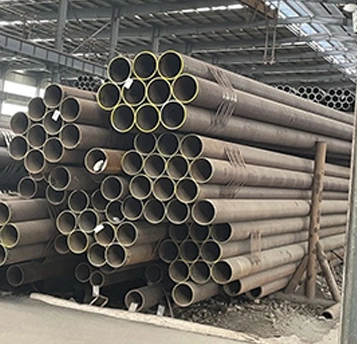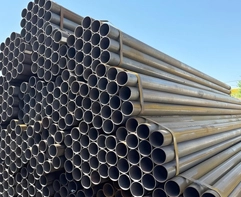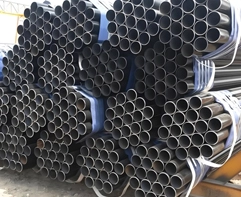DIN 17175 Seamless Steel Pipe Standards and Properties
Standard and Material Grades: DIN 17175 specifies seamless steel pipes for high-temperature applications, including non-alloy grades like St35.8 and alloy grades such as 15Mo3, 13CrMo4-4, and 10CrMo9-10. These pipes are used in boilers, pipelines, and pressure vessels operating at temperatures up to 600°C.
Chemical Composition and Mechanical Properties
For St35.8, the chemical composition includes Carbon (max 0.17%), Silicon (0.10–0.35%), Manganese (0.40–0.80%), Phosphorus (max 0.040%), and Sulfur (max 0.040%). Its tensile strength is 360–480 MPa, with a yield strength of 235 MPa for wall thicknesses ≤16 mm. For 15Mo3, Carbon is 0.12–0.20%, Molybdenum 0.25–0.35%, with a tensile strength of 450–600 MPa and yield strength of 270 MPa for wall thicknesses ≤16 mm.

 EN
EN







